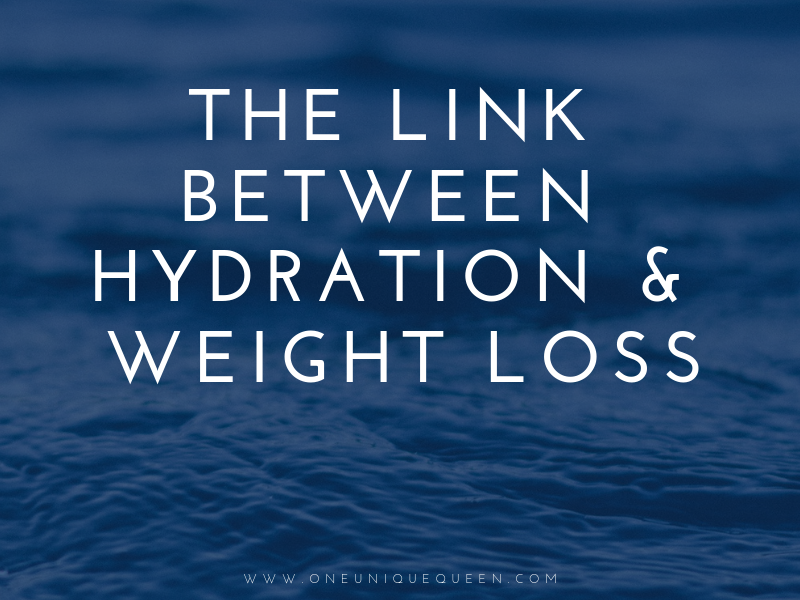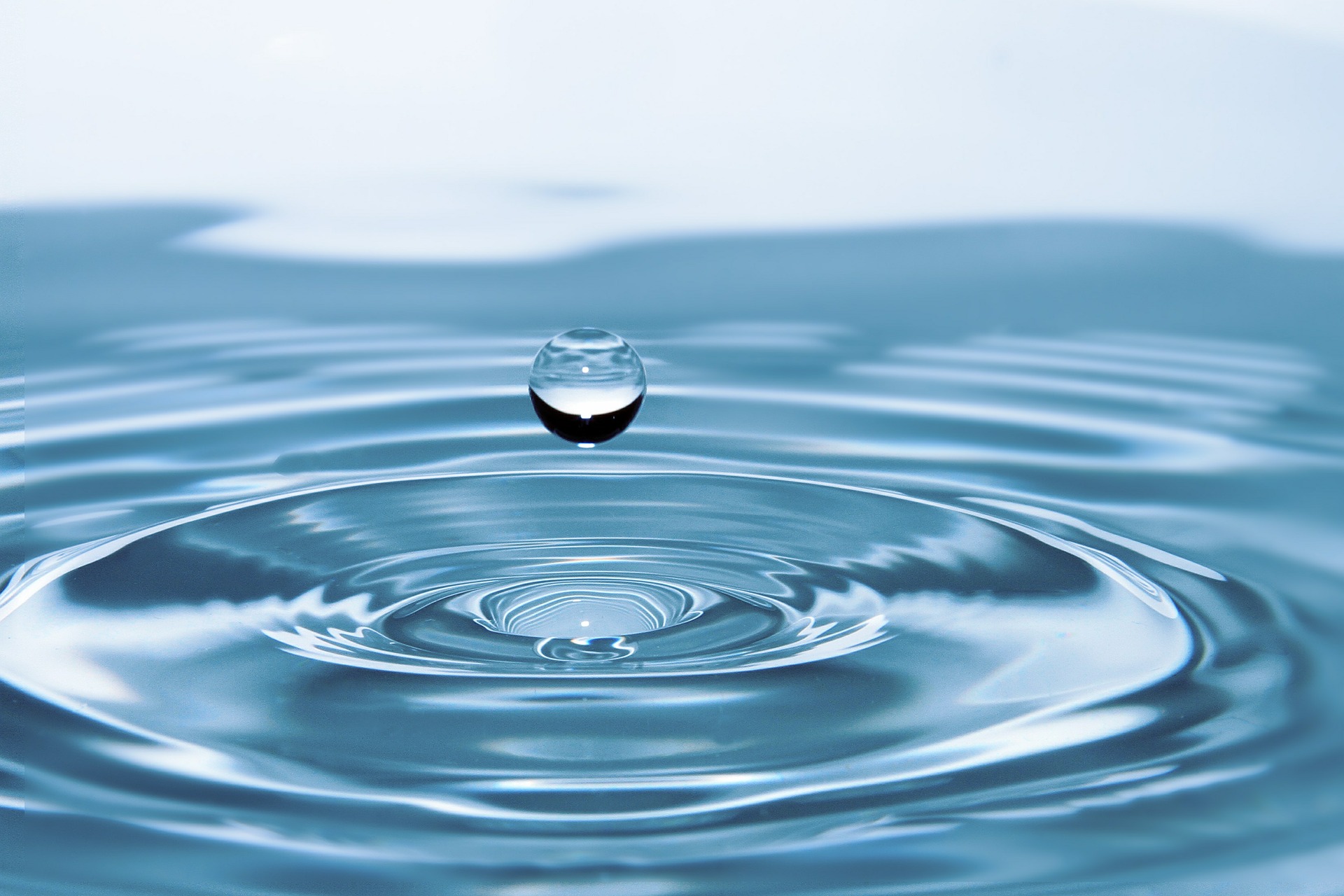


The difficulties people face when trying to lose weight are fairly well-known and discussed, but the analysis of these issues tends to focus primarily on food, dealing with cravings, and so on. Unfortunately, this focus overlooks one of the most essential inclusions on any weight loss journey: hydration.

Why is hydration so important for weight loss?
There are a few reasons why ensuring you stay adequately hydrated is incredibly important when trying to lose weight:
- Thirst can mimic hunger, which is obviously challenging if you are reducing the number of calories you eat. If you find yourself mistaking hunger for thirst, sticking to your chosen eating plan will be all the more challenging.
- Dehydration can cause a number of health issues; muscle pain, headaches, and excess fatigue are all relatively common. Given that many of us choose to eat when we’re not feeling our best – which is commonly referred to as “comfort eating” – then there’s every chance that feeling unwell due to dehydration could derail your weight loss plans entirely.
- Fluids help to keep the stomach full, which can reduce the amount you feel you need to eat; in fact, many weight loss experts recommend drinking water before eating in order to bolster this effect.
Due to the above, everyone who is embarking on a weight loss plan should ensure that they are adequately hydrated at all times.
How can I tell if I am drinking enough water?
There is no perfect amount of water to drink every day; we all differ, and if you’re wondering: “what about the famous ‘eight glasses per day’ recommendation?”, then unfortunately that isn’t much help either – it’s been debunked.
As a result, the best way to know if you are drinking enough water is to monitor yourself for signs of dehydration. In addition to the headaches, muscle pain, and fatigue mentioned above, dehydration can also cause chapped lips, dry skin, brain fog, sunken eyes, and dry mouth issues. If you notice any of these symptoms, it’s worth increasing your water intake.
What if I don’t like water?
If you’re not a fan of H20, then you’re far from alone – plain water is not the most inviting of drinks, if we’re honest. Thankfully, there are alternatives, with coconut water a particularly good choice – and if you’re wondering: “is coconut water good for weight loss?”, then you’ll be pleased to know the answer is likely to be yes, provided that you include the calories in coconut water in your overall total for the day.
Additionally, it’s worth noting that any beverage that contains water – such as herbal tea – contributes to your overall hydration levels, so if you find flavoring plain water helps you to drink more, then that should work well. Just be cautious to avoid caffeinated beverages such as black tea or coffee; the caffeine content will counteract the benefits of the water content, given that caffeine is a known dehydrant.
In conclusion
When embarking on a weight loss journey, there is a huge amount to think about in order to ensure the experience is safe and beneficial. In addition to the usual food and nutrition-related considerations, the above demonstrates, ensuring you are adequately hydrated throughout the process is another thought you’ll want to keep in mind at all times.
What other alternatives do you use to stay hydrated? I’d love to know in the comments below!










COMMENTS MAKE ME HAPPY!